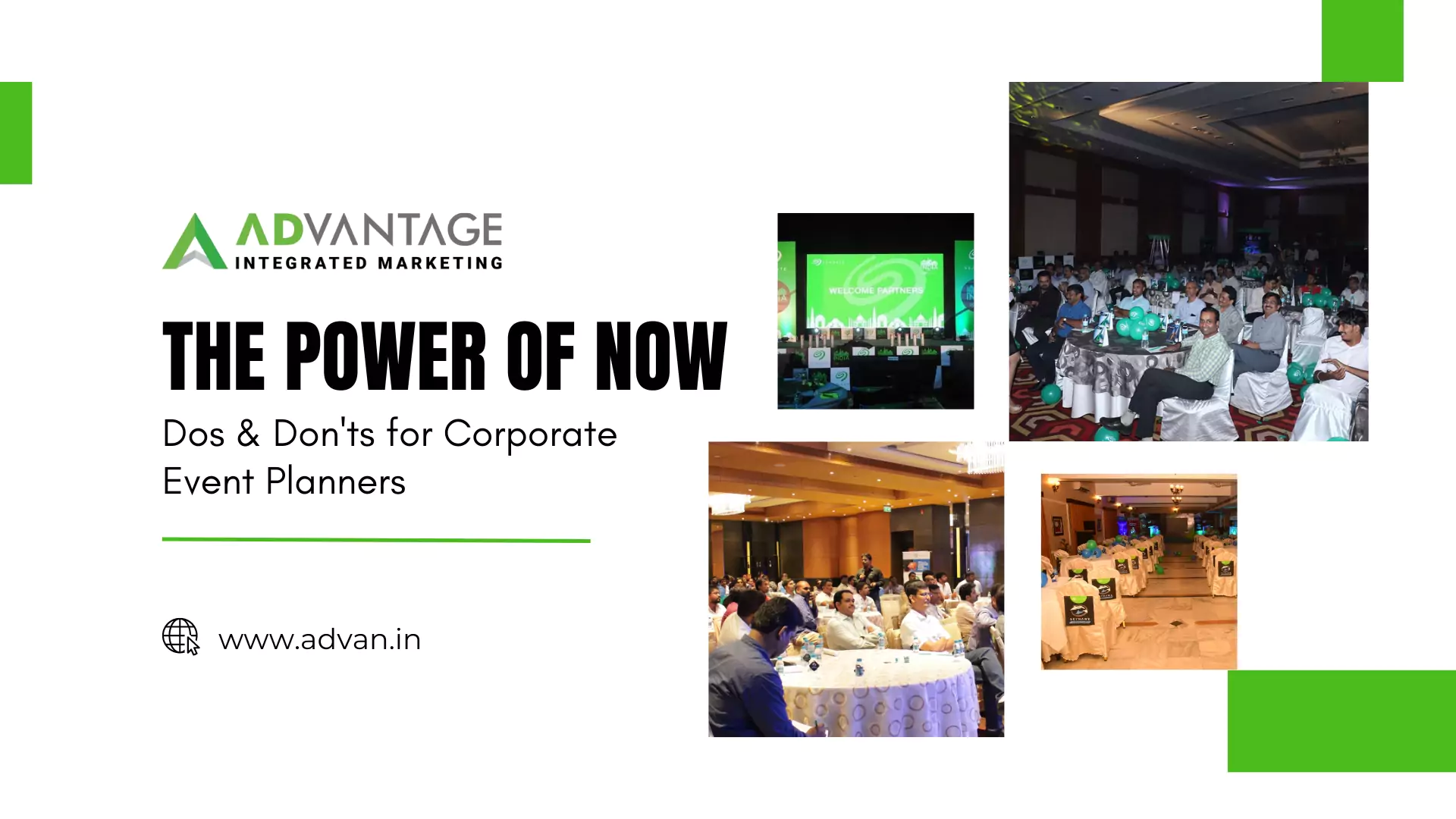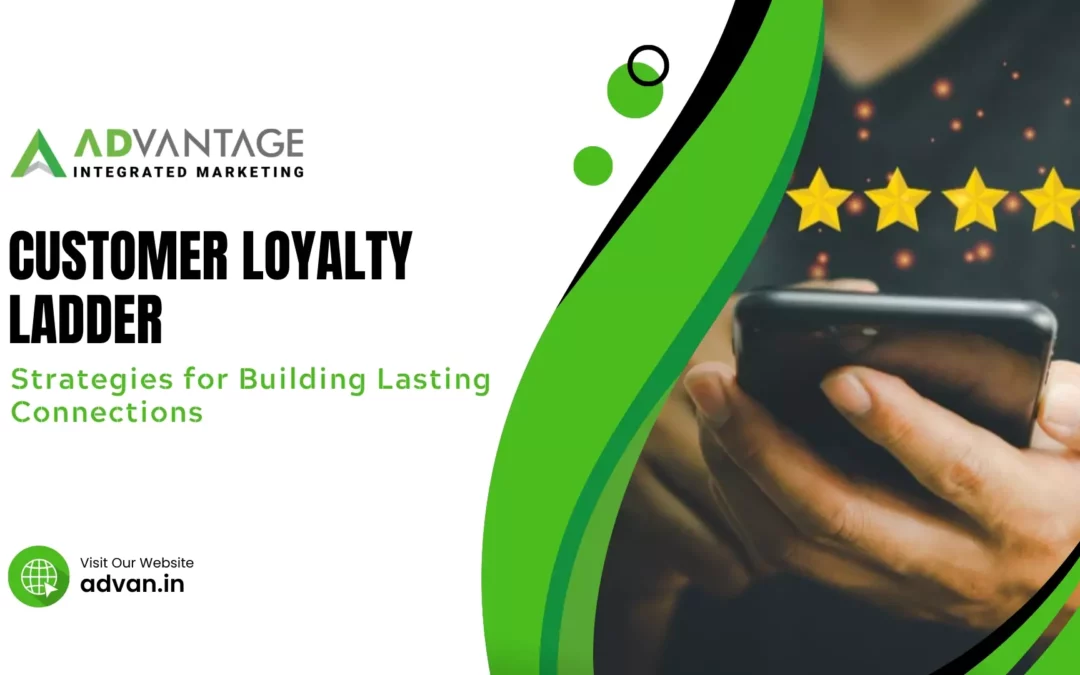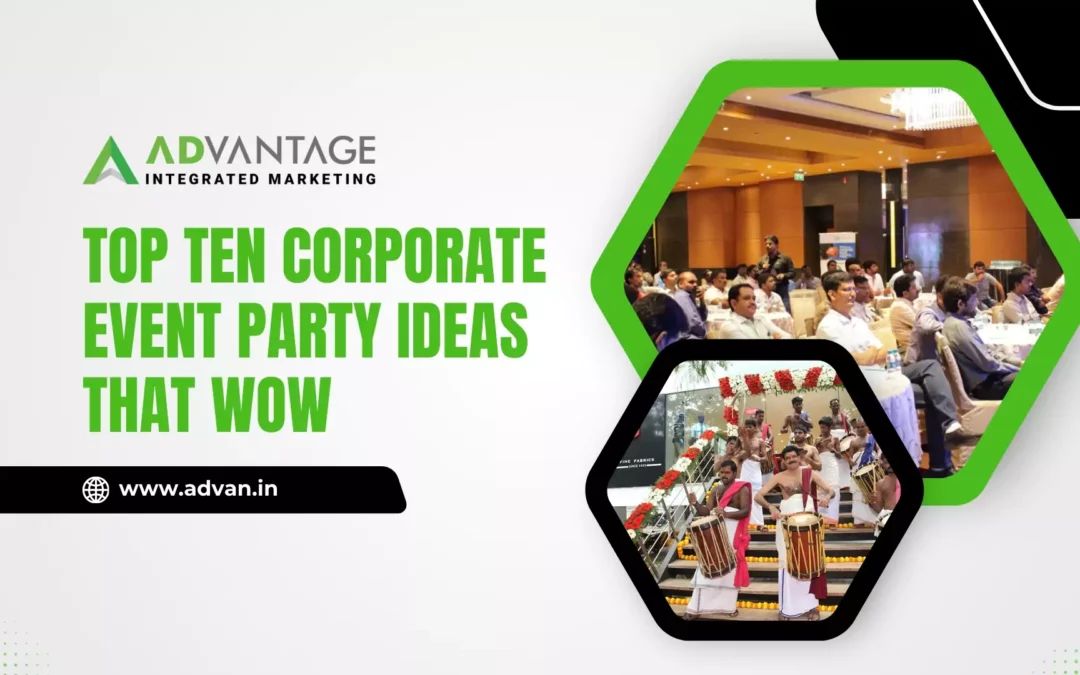Corporate events serve as ultimate moments for organizations to shine, connect, and leave a lasting impression on clients, employees, and stakeholders alike. These are strategic events that have the potential to either elevate a company’s reputation or unintentionally lead it into danger. They go beyond simple logistics.
In this blog, we will discuss in detail on the dos and don’ts for corporate event planners. Before that, let’s have a look at the nuts and bolts of corporate event planning.
Event Planning for Corporate
Corporate event planning demands a careful balancing act between meticulous planning, creativity, and a deep comprehension of the goals and identity of the organization. Every event, from well-publicized product launches to employee appreciation galas, serves as a canvas to weave the brand’s story and create relationships outside of the boardroom.
These events, which are the beating heart of corporate culture, require not only perfect execution but also a human touch to make them unforgettable experiences that cement the company’s reputation in the eyes and ears of their audience. Effective corporate event planning becomes an art form in this complex dance of details and emotions, fusing personality and precision to create immersive environments that embody a company’s values and goals.
Importance of Corporate Event Planning
Corporate events serve as invaluable opportunities for businesses to connect with their audience, foster relationships, and achieve strategic objectives. These events provide a platform for networking, allowing professionals to forge new connections and strengthen existing ones.
A well-executed event enhances brand visibility and credibility, leaving a lasting impression on attendees. Lastly, corporate events contribute to employee morale and team cohesion, fostering a positive company culture. Recognizing the significance of these occasions, companies often turn to professional event management services to ensure seamless execution.
A corporate event demands careful planning, close attention to detail, and a calculated approach to be successfully organized. An annual conference, a product launch, or a team-building retreat—a professionally run corporate event leaves a lasting impression.
Let’s now go into the nuances in event planning for corporate, covering the dos and don’ts that can make or break the success of your event.
The Dos in Event Planning for Corporate
Corporate event planning requires a meticulous approach to ensure seamless execution and a memorable experience for attendees. Here are some essential dos for corporate event planners in event planning.
Set Clear Objectives
Clear objectives are the foundation of a successful corporate event. They guide the planning process and help align every aspect of the event with the overarching goals. Whether it’s launching a new product or cultivating client relationships, a well-defined purpose ensures everyone involved is working towards a common objective.
Create a Detailed Budget
A comprehensive budget is the roadmap that keeps your event financially on track. It’s essential to allocate funds wisely, considering venue costs, catering, technology, and unforeseen expenses. A detailed budget not only prevents overspending but also enables you to make informed decisions throughout the planning process.
Choose the Right Venue
Select a venue that aligns with the event's objectives and accommodates the number of attendees comfortably. Ensure it has the necessary facilities and technology to support your event’s requirements.
Start Planning Early
Time is a critical factor in event planning. Starting early allows for careful consideration of venue options, negotiation of contracts, and resolution of potential challenges. Early planning provides a buffer for unforeseen issues, ensuring a smoother execution when the event day arrives.
Know Your Audience
Tailor the event to your target audience. Consider their preferences, interests, and expectations to create an experience that resonates with them.
Create a Detailed Timeline
Develop a timeline that outlines every step of the planning process. Include deadlines for booking vendors, sending invitations, and completing other crucial tasks to keep the planning on track.
Professional Vendor Selection
Partner with reputable vendors for catering, audio-visual services, and other event essentials. Check references, reviews, and past work to ensure reliability and quality.
Implement Technology Effectively
Leverage technology to enhance the event experience. From event apps for seamless communication to interactive presentations, technology can elevate the overall impact.
Engage Attendees
Plan interactive sessions, workshops, or networking activities to keep attendees engaged. Foster an environment that encourages participation and connection.
Prioritize Accessibility
Consider the accessibility needs of attendees, including those with disabilities. Ensure that the venue and all event elements are accessible to everyone.
Post-Event Evaluation
After the event, gather feedback from attendees and stakeholders. Evaluate the success of the event based on your initial objectives, and use insights gained for continuous improvement in future events.
The Don’ts in Event Planning for Corporate
For corporate events to be successful, common downsides must be avoided by corporate event planners. The following are important things to avoid when organizing a corporate event.
Don’t Neglect the Budget
One of the common pitfalls in event planning for corporates is ignoring the budget. Overspending can strain resources and impact the overall success of the event. It’s crucial to adhere to the budget, constantly track expenses, and make informed decisions to ensure financial resources are used efficiently. Ignoring potential costs or failing to account for unexpected expenses can lead to financial struggle and compromise on event quality.
Don’t Select Inappropriate Venues
Don’t choose a venue solely based on aesthetics. Ensure it aligns with the event’s objectives, capacity requirements, and technical needs. A beautiful venue may not be suitable if it lacks the necessary facilities.
Don’t Overlook Logistics
Neglecting logistical details can lead to confusion on the event day. Overlooking elements like transportation, parking, and signage can create confusion and detract from the overall experience of the event attendees. A well-thought-out logistical plan is essential during corporate event planning for a seamless event execution.
Don’t Compromise on Catering
Catering is a crucial aspect of any corporate event. A well-planned menu that caters to various dietary preferences enhances the overall attendee experience. Compromising on catering quality can leave a negative impression on guests, affecting the overall event experience.
Don’t Ignore Audience Preferences
Never overlook the preferences and interests of your target audience. Failing to understand your attendees’ needs during an event planning can result in an unsuccessful event that misses the mark and fails to engage participants.
Don’t go for Last-Minute Planning
Don’t procrastinate on event planning tasks. Last-minute arrangements can lead to rushed decisions, limited options, and increased stress for both planners and participants.
Don’t Overlook Contingency Plans
Don’t assume everything will go as planned. Prepare for unforeseen circumstances by having contingency plans in place for issues like technical glitches, weather changes, or unexpected cancellations.
Don’t Ignore Technology Integration
Don’t neglect the role of technology in modern events. Failing to integrate technology effectively can result in communication breakdowns, decreased engagement, and missed opportunities for interaction.
Don’t Overlook Communication
Don’t assume everyone is on the same page. Maintain clear and consistent communication with stakeholders, vendors, and participants throughout the planning process to avoid misunderstandings.
Don’t Overlook Accessibility
Don’t forget to address accessibility concerns. Ensure the venue is accessible to all attendees, including those with disabilities. Ignoring accessibility can lead to exclusion and dissatisfaction among participants.
Don’t Overload the Schedule
Don’t pack the agenda with too many activities. An overloaded schedule can lead to exhaustion and reduced engagement. Allow for breaks and downtime to enhance the overall experience.
Don’t Neglect Post-Event Evaluation
Don’t skip the post-event evaluation. Gathering feedback and assessing the success of the event is crucial for future improvements. Ignoring this step may result in missed opportunities for growth and refinement.
AD Vantage: The Best Corporate Event Planners in India
For businesses seeking professional expertise in event planning for corporate, AD Vantage corporate event planners offer comprehensive corporate event management services. From conceptualization to execution, AD Vantage ensures that every detail in corporate event management aligns with your objectives.
For those looking for expert assistance, AD Vantage stands as a reliable partner, ensuring your corporate event unfolds seamlessly, leaving a lasting positive impression. Our experienced team excels in venue selection, logistics coordination, and strategic planning, providing a seamless experience for both organizers and attendees.
We already have a list of pre-screened vendor partners and established teams that we can call upon to complete the task at hand, in addition to our team of corporate event planning experts. With our in-depth understanding of the newest venues, trends, money-saving tips, and little details you might not know, we can exert more control over costs, schedules, and quality.
To sum up, corporate event planning is a multifaceted aspect that requires careful consideration of objectives, budget, and logistics. By adhering to the do’s and steering clear of the don’ts, businesses can elevate their events to memorable and impactful experiences.
When organizing a corporate event, having a checklist is essential as it guarantees a methodical and structured approach to the whole process. This would help to stay on track and reduce the possibility of missing important details. Along with permitting progress tracking, it also facilitates improved team member collaboration and time management.








0 Comments